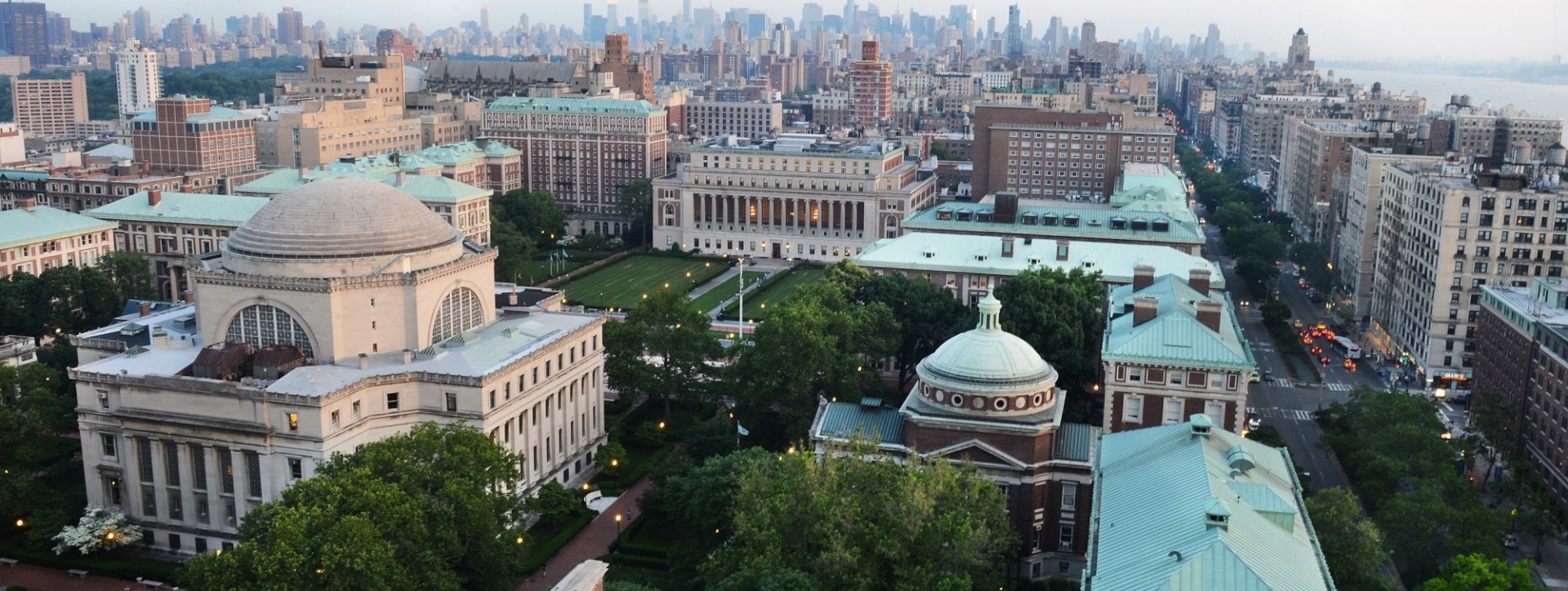Managing Capital Projects Across the University
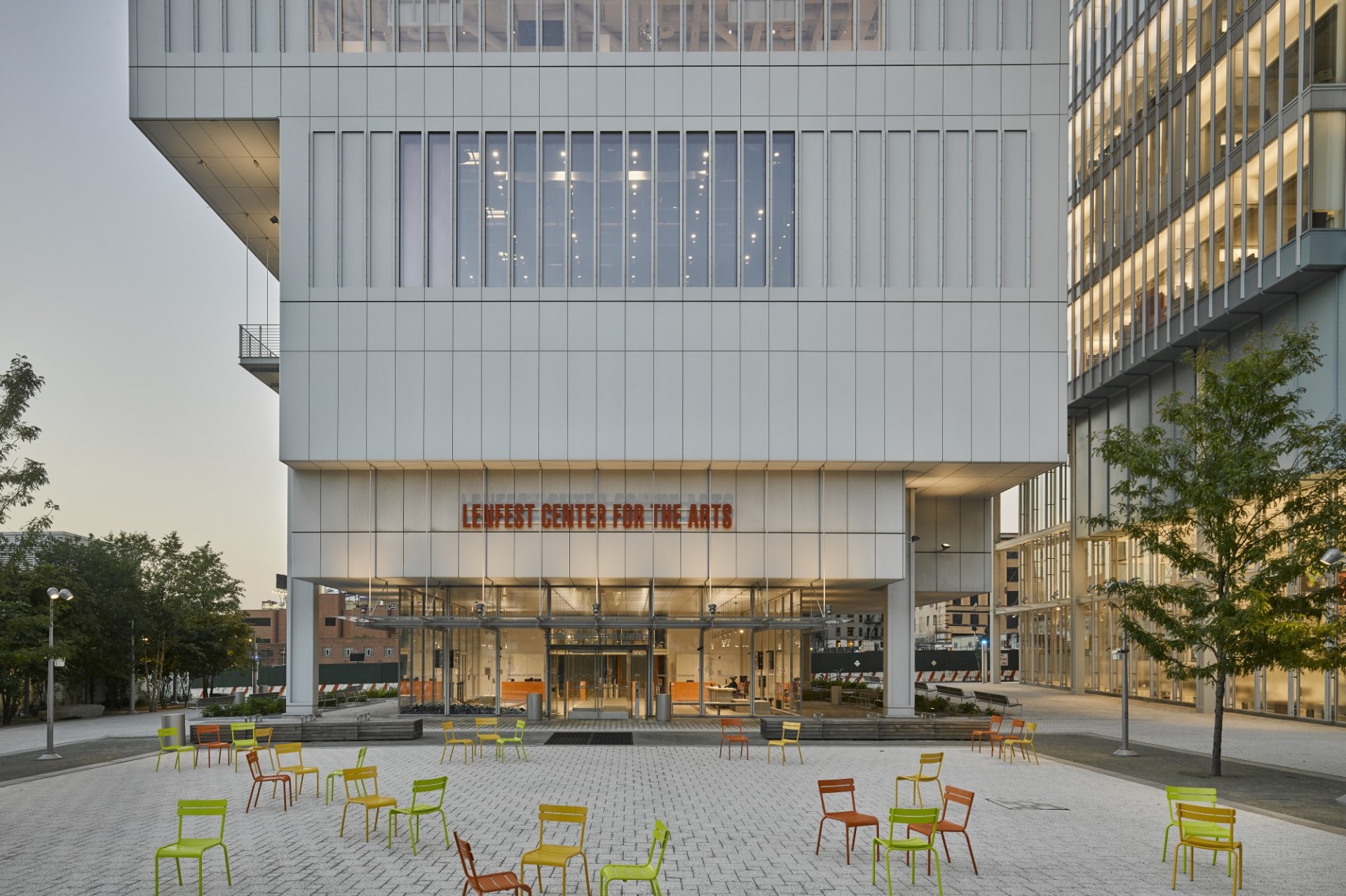
Photo by Frank Oudeman
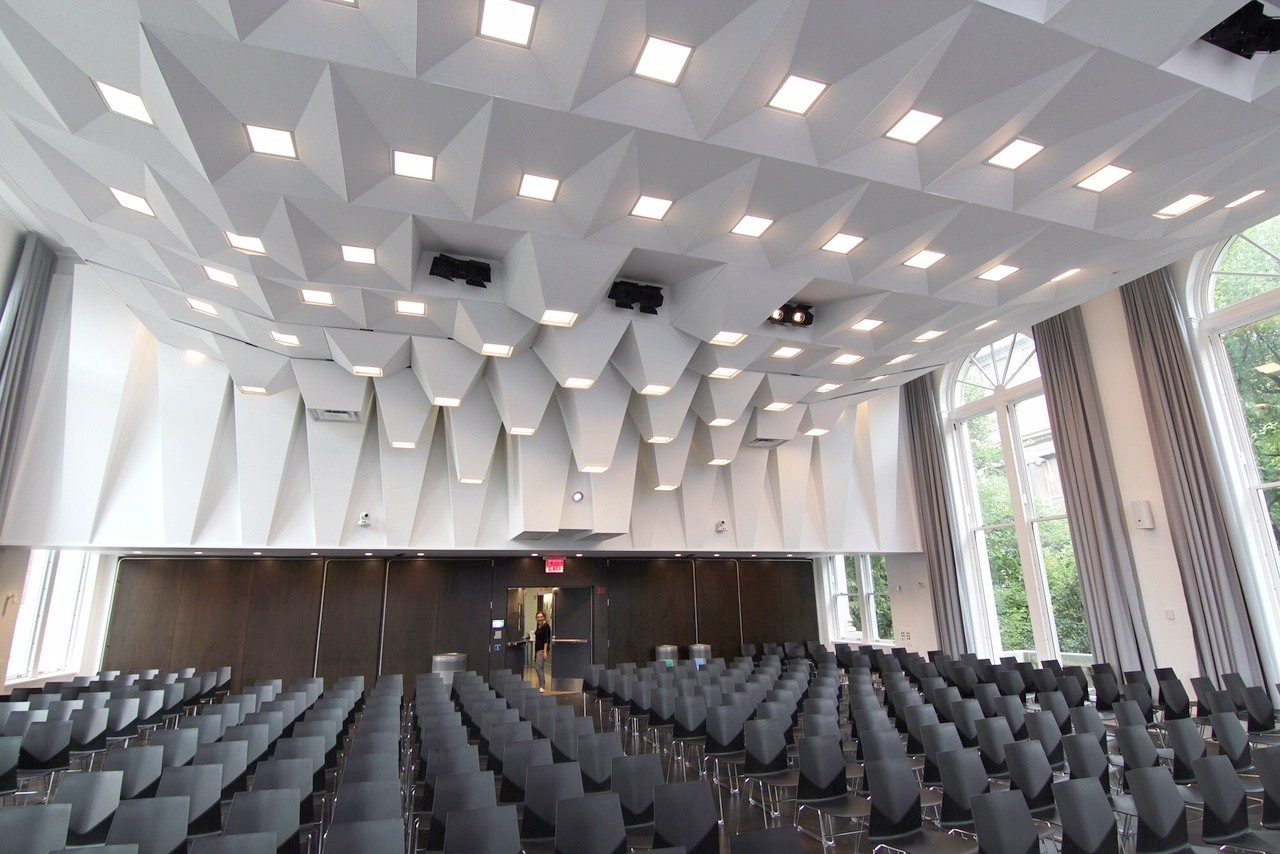
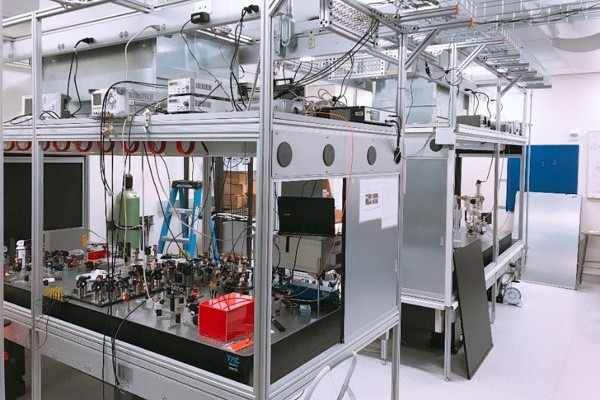
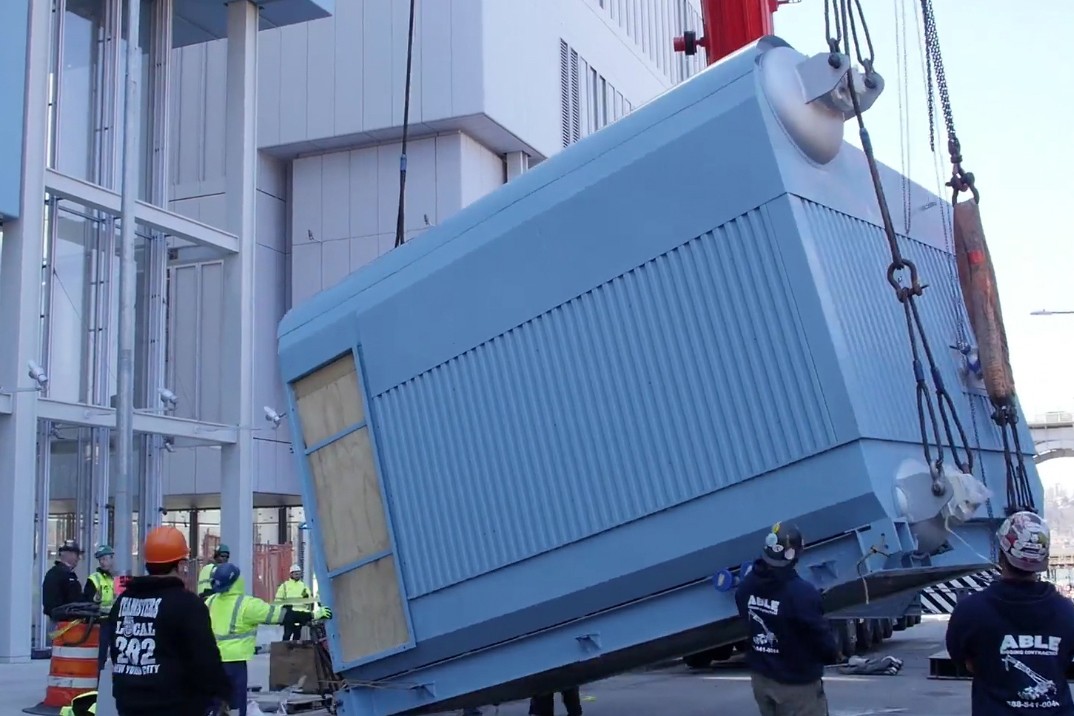
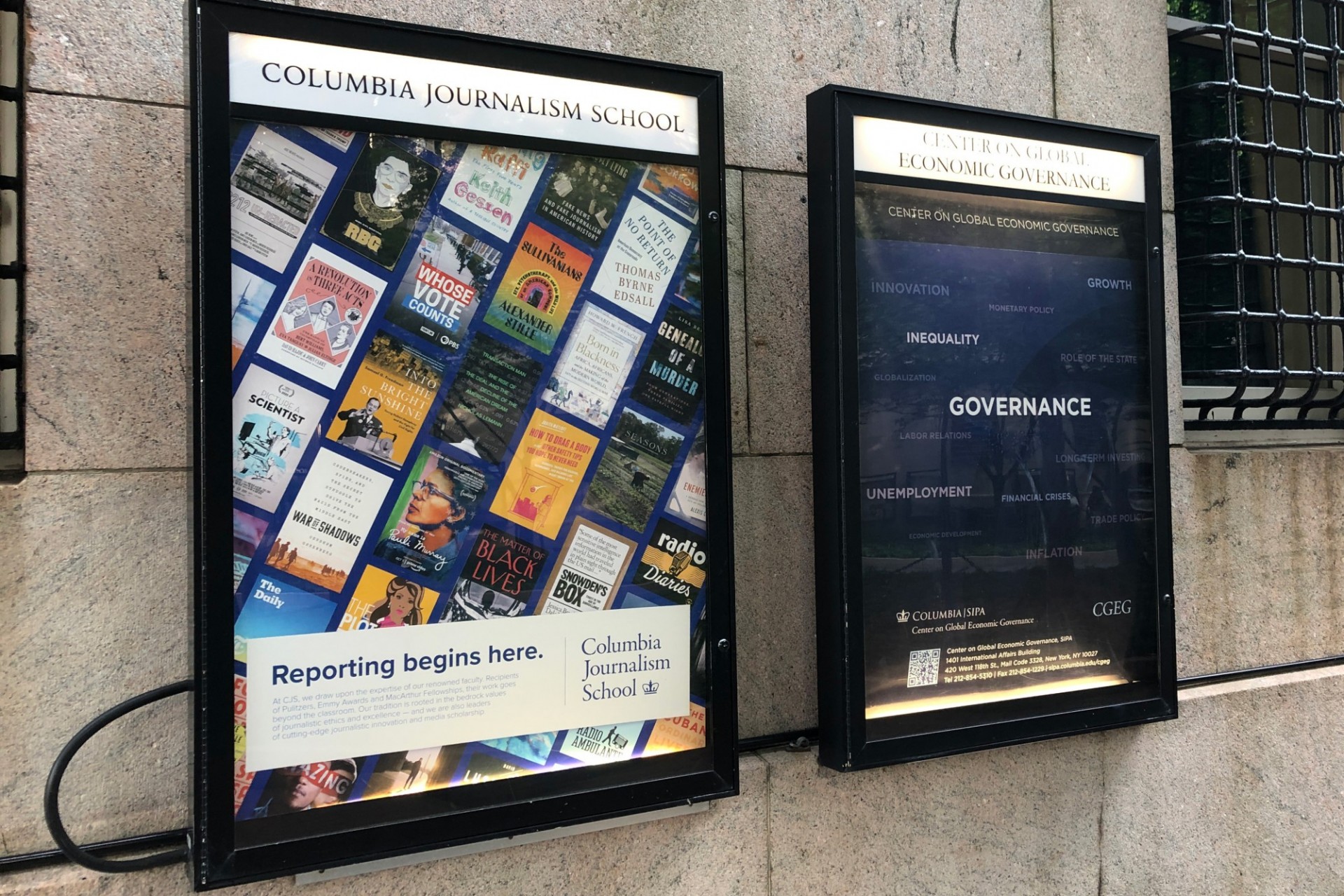
Request a Capital Project
Capital Project Management and Manhattanville Development Group are here to help you embark on renovations, new construction, building system upgrades, accessibility improvements, and more. Learn more about what you need to do to start a project and what’s involved in the project lifecycle.
Note: Routine maintenance and repairs should be requested through Operations.

